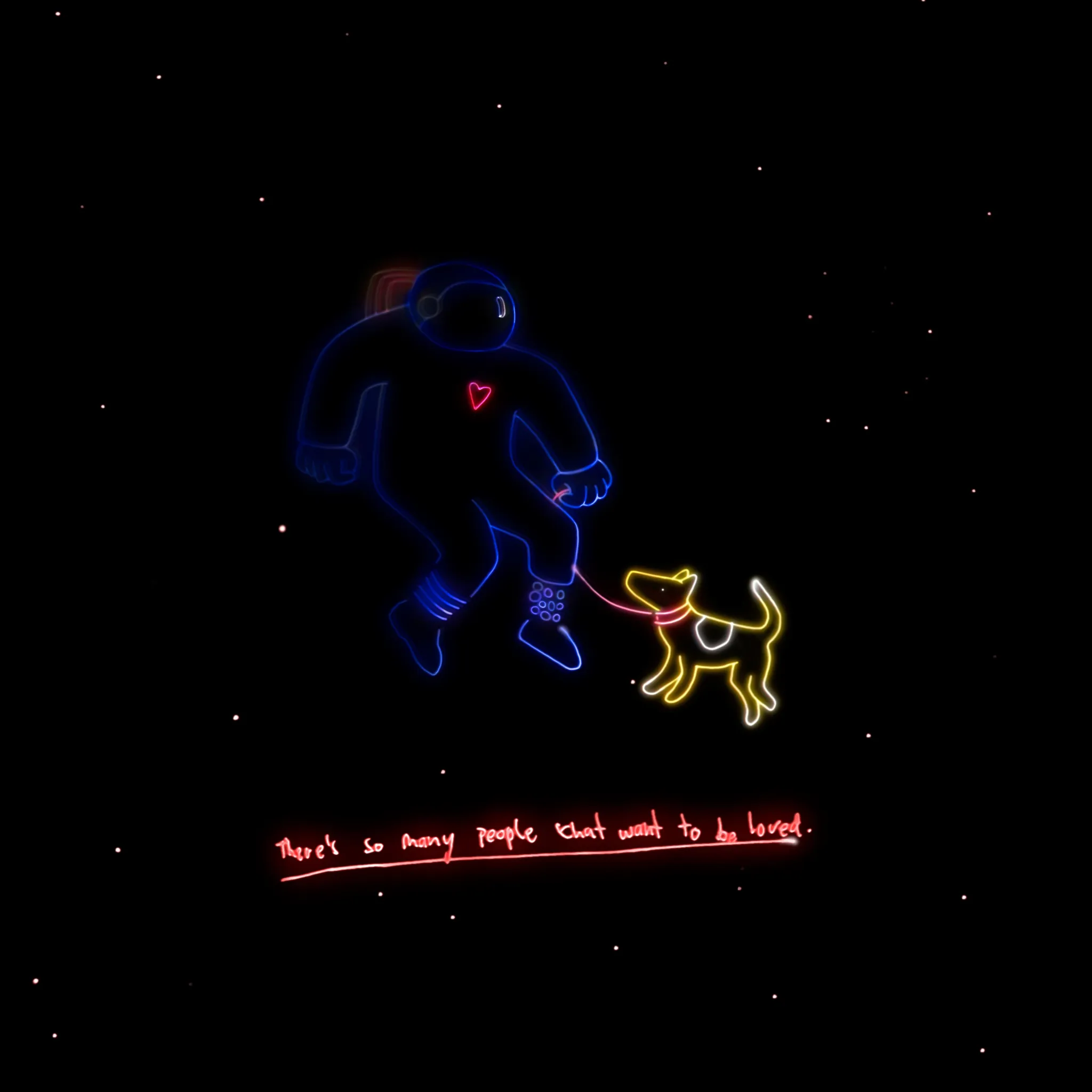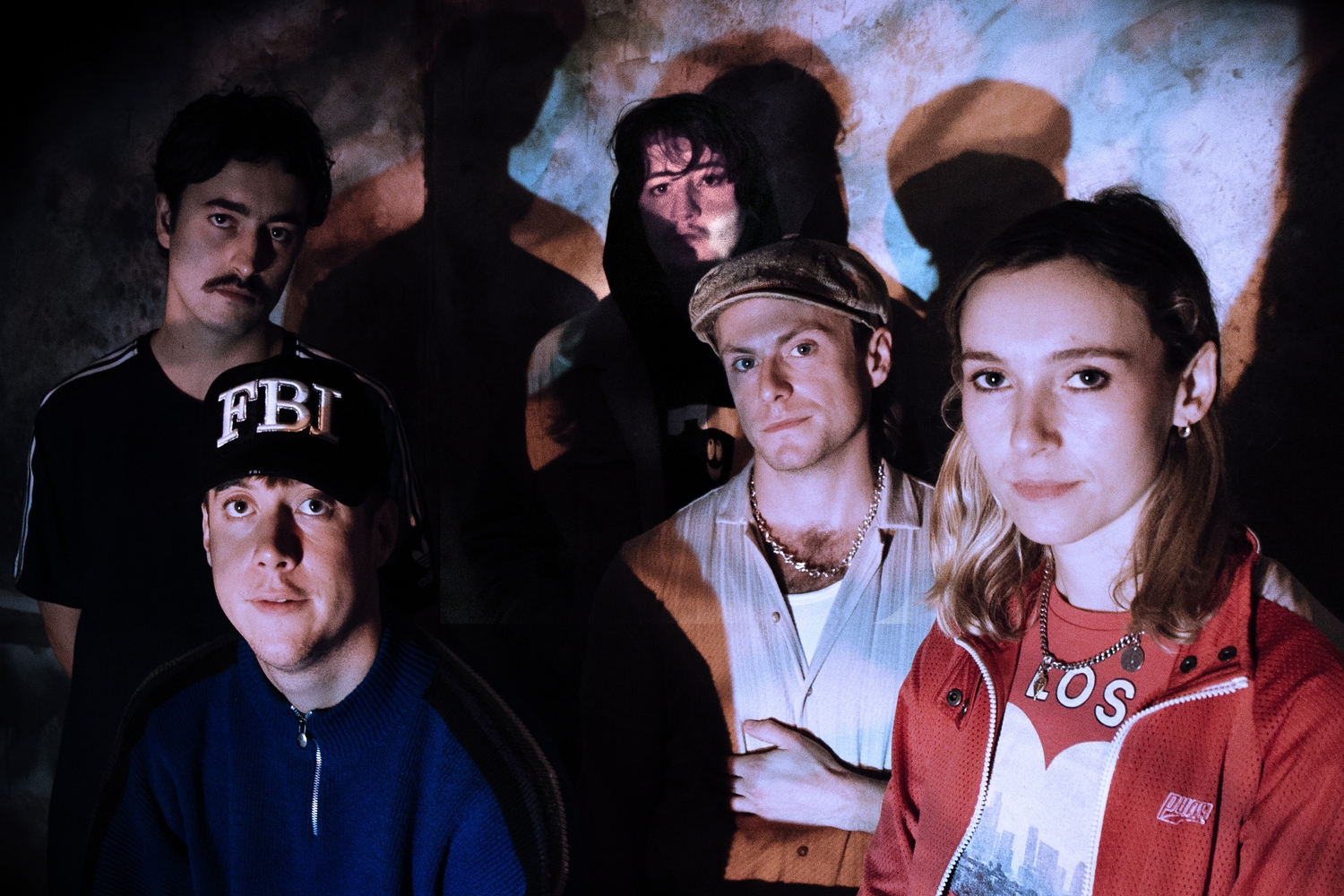
Interview The Circle of Life: Sorry
Staring down the big questions and tackling existentialism in their own idiosyncratic way, “Anywhere But Here’ is showing the world a new, evolved Sorry.
“Four months after the record came out I was in Sainsburys and someone came up to me and was like, “You’re from Sorry, aren’t you? I really like your debut album!’” Louis O’Bryen, one half of the Londoners’ songwriting partnership, laughs. “That was the first time I’d actually had [someone] other than our friends have a reaction to it.”
Releasing their debut - 2020’s superlative “925’ - amid a world cut adrift from reality, Sorry’s introduction to the world of a proper, fully-fledged band was an odd one. “It was super strange,” Louis continues, “but at the same time, everyone was in the same boat. What was going on in the world was f f\tso crazy, [so] at the time it didn’t feel that bad.” He pauses to think. “Now when I look back, I do feel a bit sorry for us. There was no real human reaction to it. It doesn’t really feel that real if you’re just releasing it digitally and the only reaction you get to it is from the internet.”
It’s hard not to feel the backdrop of the pandemic bleeding into the writing of the North London quartet’s second album, too; even its title, “Anywhere But Here’, speaks of isolation, of longing for a world beyond your bedroom. For a band that released their debut at the tender age of 21, has it been a period of swiftly growing up? Louis nods. “When you’re [that age], you think you know everything about the world and you can see that in our songwriting. We were: not arrogant, but just young, and the emotions on the first album were a bit goofier and more tongue-in-cheek.” Asha Lorenz - his musical co-conspirator - nods: “I think we hid behind less gimmicks in this one, and tried to be a bit more raw and honest.”
As such, the songs on “Anywhere But Here’ feel earnest in a way that Sorry’s music hasn’t before. The chorus of album opener “Let The Lights On’ finds Asha exclaiming “I love you, I love you!” - a world away from the aloof, cool persona she embodied on “925’. The lyrics feel audacious in their honesty. “Even with the song titles, you can see that,” Louis agrees. “They would always come back to the main hook in the song - like “There’s So Many People Who Want To Be Loved’. We should have shortened that, that’s a ridiculously long title, but we wanted it. That idea reflects the honesty, and the brazenness of the lyrics.”
Love surfaces so often on the record, it feels like a character unto itself. From the first halcyon days of a new romance to the embittered ashes of a breakup, “Anywhere But Here’ finds endless inspiration in romance. “Yeah, it is a bit more love-y, and a bit less nasty. Most of the songs boil down to that,” Asha grins. “A few songs were written from a [previous] relationship, and some were written from a new relationship, and I learned that I definitely thought I would never feel this way from a different person, or [that] this sadness I felt was new sadness, but after the next breakup I felt the same things. I realised it wasn’t specifically about that person, it happens again and again. Acceptance, trying to let go and the small deaths in life, is what the album’s most about.”
It’s a far cry from the Sorry of the past, who seemed more interested in the grimy edges of society where love seemed to come a distant second to lust. Have they always been drawn to the seedy underbelly of polite society? “Growing up here, you spend a lot of your time out at night going through the underworld of London, and that’s when a lot of experiences occur, in this hazy world,” Louis explains. “There’s that great Leonard Cohen album, “Death Of A Ladies Man’, where it’s really dark and quite naughty and sexual. It’s always been a part of what we find interesting in art. Asha, for instance, loved Cabaret when she was growing up, and films like Enter The Void.” Asha chimes in: “Yeah, I like Cabaret! I watched it in the theatre, actually, with my dad. The label gave me tickets for my birthday, and it was cool because they inverted all the meanings of the songs. A song that was happy in the film was sad in the theatre, so it was cool because the play took on a whole different meaning.”
It’s not the only anecdote about Asha’s family that intrigues; a chance line in a press release explains that Asha’s mother worked as a death doula through the pandemic. “You go and be with people when they’re gonna die, or help their family out to prepare for the death of someone,” she explains of the role. “So yeah, that was quite a weird job for a bit, but it was cool. She used to help pregnant women in prison, so she was more into birth before, and then she did this death doula job but it’s quite a long process to become one. It was romantic, the stories that she [told].”
It feels central to the album, these feelings of cycles, of births and deaths, of love and heartbreak. Louis agrees. “For us, that idea is always the one. I mean, it’s been around [forever]. If I’m not actively trying to write a song about something, that’s just what I start writing about.” And for Asha? “Um, it’s just going through the motions, bro. Going through the motions:”
“Anywhere But Here’ is out now via Domino.
Subscribe to DIY
Buy Now
Read More
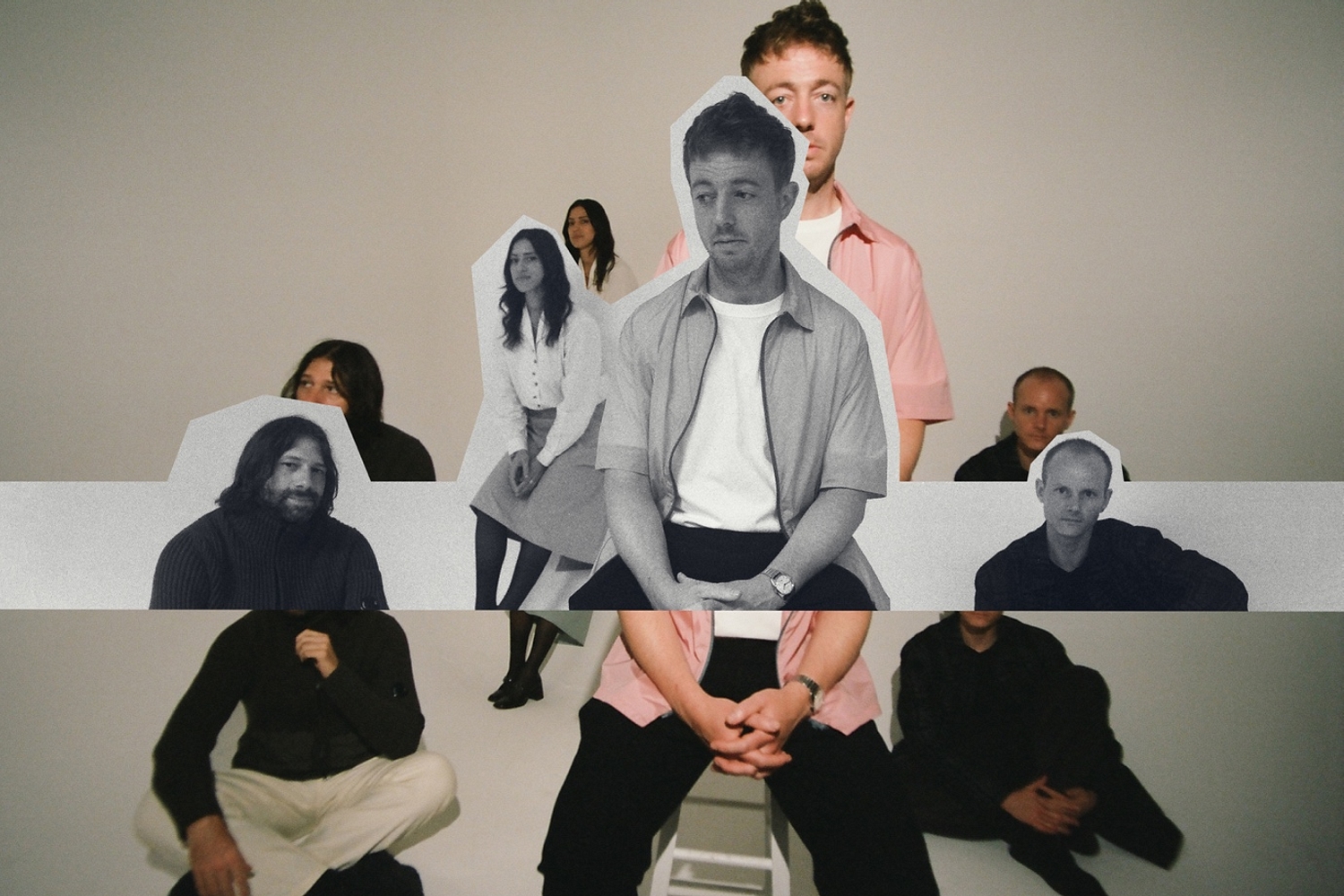
Mount Kimbie, Nilüfer Yanya, Sorry and more to play Rally 2024
The community-driven arts and music fest is back for its second year.
8th March 2024, 3:06pm
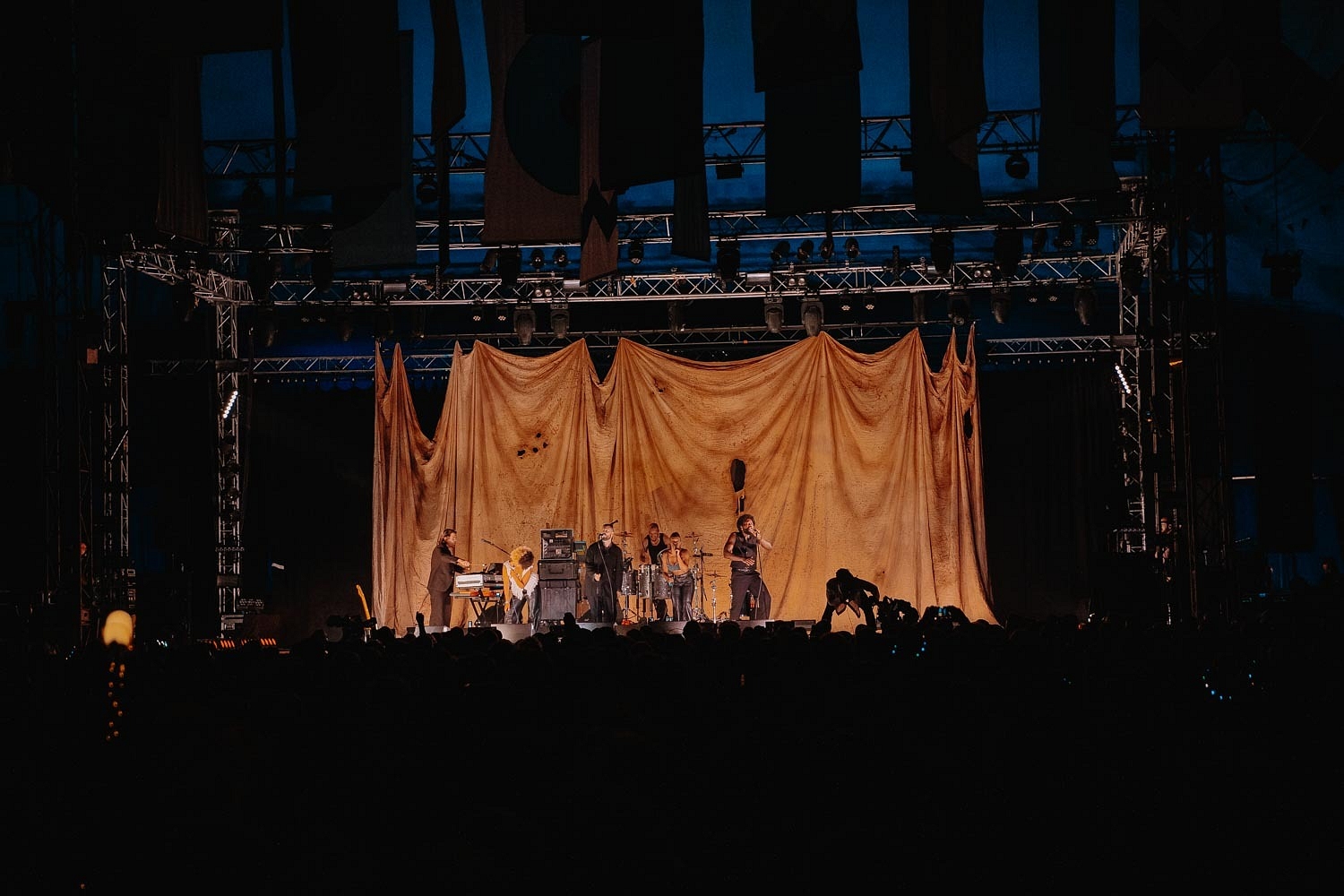
Young Fathers, Confidence Man and Jockstrap are standouts at an emphatically nice Green Man 2023
Quite possibly your favourite artist’s favourite festival.
23rd August 2023, 10:00am
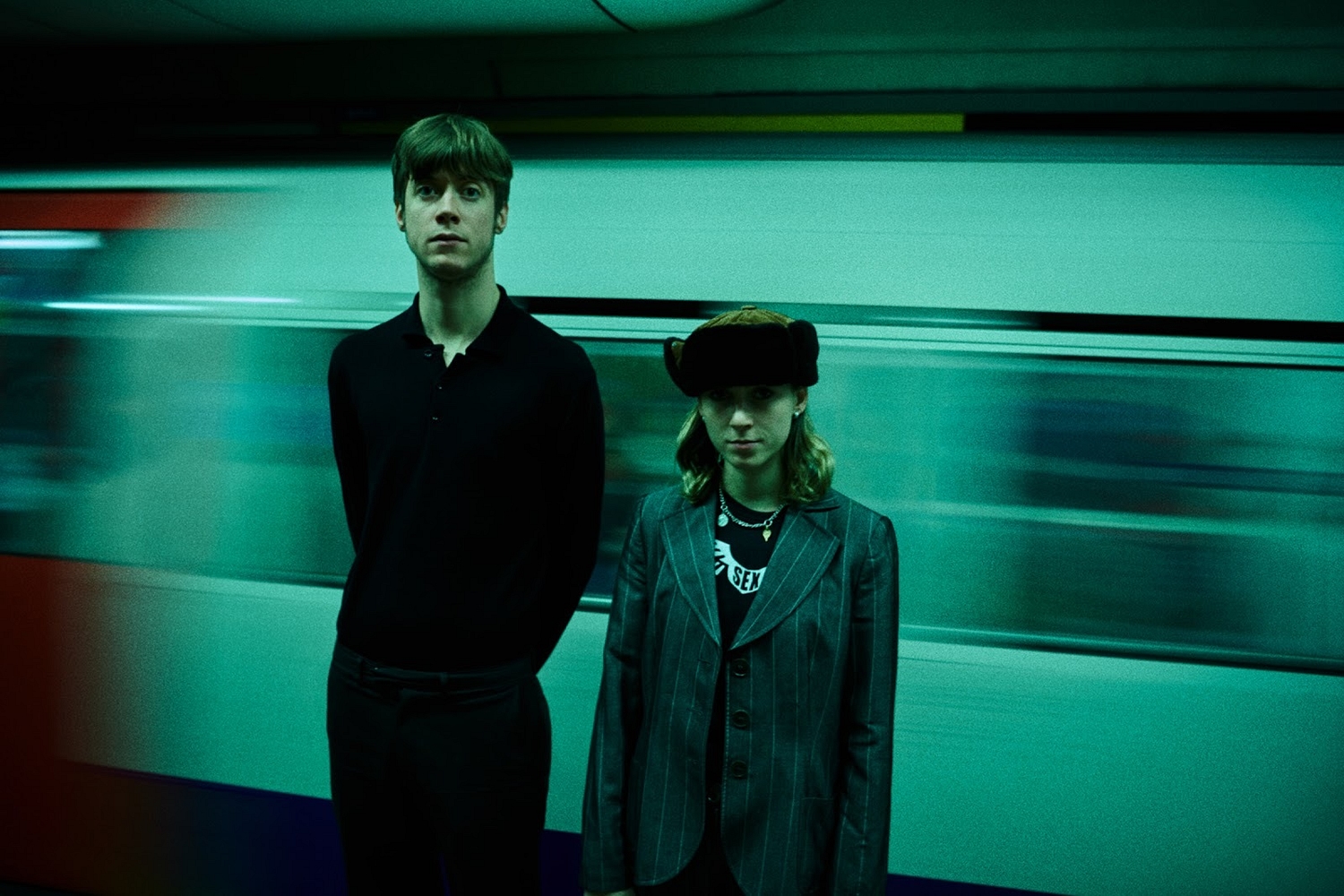
Sorry release new single, ‘Screaming In The Rain Again’
The track is a re-recording of ‘Screaming In The Rain’, a much-loved cut from their second album, ‘Anywhere But Here’.
19th July 2023, 11:55am
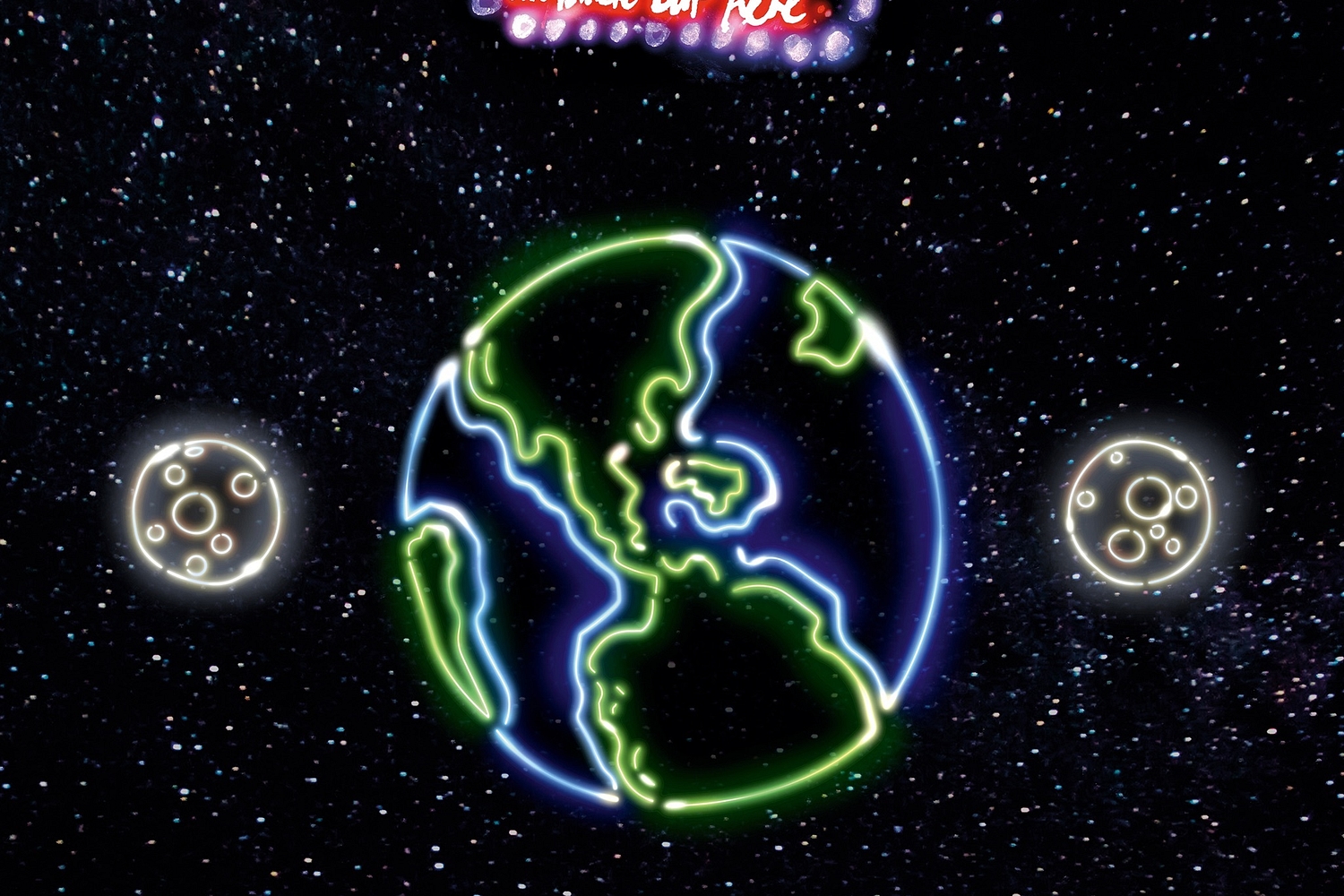
Sorry - Anywhere But Here
4 Stars
It reeks of cobbled back alleys, underground dive bars and flickering streetlights, yet with a playful nod and an unmistakable affection.
7th October 2022, 12:00am
Featuring SOFT PLAY, Corinne Bailey Rae, 86TVs, English Teacher and more!
